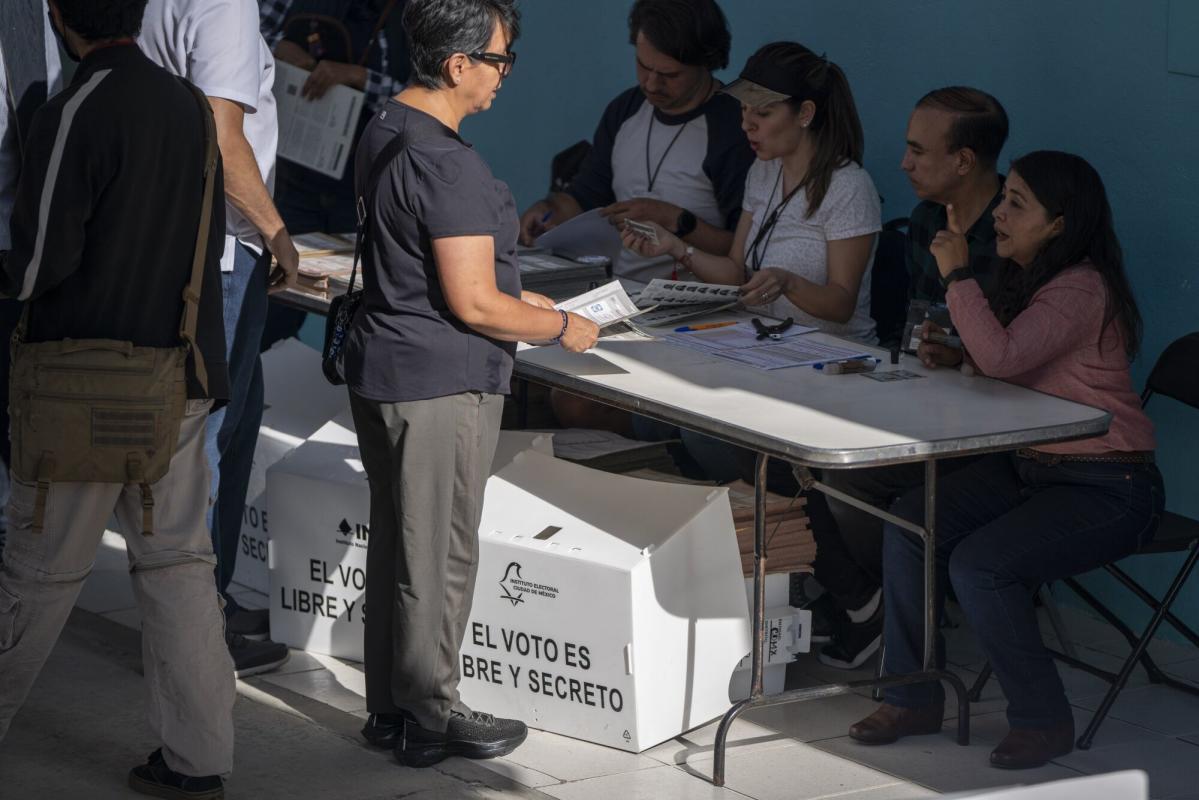For years the Florida Legislature has gone back and forth on how to regulate short term rentals, like Airbnbs, leaving local governments in charge of creating rules and ordinances to deal with short-term rentals in their respective communities.
But in the legislative session that comes to a close on March 8, lawmakers have been looking to seize control of the issue.
Earlier this month, the Florida Senate passed Senate Bill 280, which establishes local registration programs for short-term rentals, limits the number of guests in rental properties and puts in place penalties for rentals that violate local ordinances.
The sponsor of the bill, Pinellas County Republican Nick DiCeglie, has said he believes that the legislation takes a “fair and balanced” approach to appeasing rental property owners and the residents living next to short-term rentals.
“What I don’t want to see is what we currently have in some of these local ordinances through registration programs, where these local governments are using those ordinances as a weapon to stop vacation rentals from operating at all. I have a fundamental problem with that,” said DiCeglie.
But critics of the bill say the legislation is not restrictive enough to appease constituents dealing with unruly tourists, and that local governments are better equipped to deal with the issue, especially in places that have more restrictive rules than what the legislation lays out.
For example, the bill gives the owner of a short-term rental 15 days to rectify a problem. Those who opposed the bill said that’s too long of a window of time given that most guests are gone before 15 days.
Democratic Senator Jason Pizzo, who represents portions of Miami-Dade and Broward, voted against SB 280, saying that the rules laid out in the legislation were too relaxed.
“If someone in my district is harmed by an Airbnb renter, I’m going to blame the people who voted for this bill,” said Pizzo.
In an interview with the Miami Herald, Joann Hussey, the director of communications for the City of Hollywood, said that many of the residents in the area are watching the legislation closely.
“They are hopeful that their protections and their rights remain intact,” she said. “It is a concern not just on the city level, it’s a concern on the resident level as well. The people who are living next door to these things, they want to make sure that the people they voted in are doing the right thing by them.”
A companion bill in the House needs to be voted on to make it to Gov. Ron DeSantis’ desk, but HB 1537 has some deferring language from SB 280 that would need to be sorted out first.
Here’s the major key points in the legislation:
What’s in the Senate Bill?
SB 280 lays out state rules that short-term rentals across Florida must abide by if it becomes law.
The bill allows local governments to have a registration program for short-term rentals in their community that effectively creates a database for local governments to monitor them. The owner of a short-term rental must apply and register in order to legally operate.
If a rental owner fails to register their property or fails to continue to meet registration requirements, the local government can fine the property owner up to $500, but can only issue the fine if the property has not rectified the issue within 15 days.
One of the registration requirements is that the property owner has to state in their application the maximum overnight occupancy of the vacation rental, on which the bill sets limits.
The bill says the maximum overnight occupancy of a vacation rental cannot exceed two persons per bedroom, plus an additional two persons in one common area or more than two persons per bedrooms if at least 50 square feet per person, plus an additional two persons in one common area, whichever is greater.
Another registration requirement that the bill sets is that property owners must designate someone to be available 24 hours, seven days a week to answer and respond to any complaints or emergencies at the vacation rental, and there must be a telephone number provided to contact this person.
According to the bill, a local government can suspend the registration of a vacation rental if they continue to violate local ordinances that do not apply solely to vacation rentals. It says that the registration can be suspended if there are five or more violations on five separate days during a 60-day period.
The registration can be suspended for up to 60 days for one or more violations on five separate days during a 30-day period, and up to 90 days for one or more violations after two prior suspensions.
What’s in the House Bill?
There are a few differences between what’s written in the Senate version of the bill versus the House version.
The House bill states that a local government is capped at charging vacation rentals $150 for registration, whereas the Senate bill says a local government can charge “a reasonable fee.”
The House version sets the fine for any registration violations up to $300, whereas the Senate version has it at $500.
For the maximum occupancy requirements, the House bill doesn’t get as specific as the Senate bill. It says that a rental owner in their registration application has to list their maximum occupancy based on “the number of sleeping accommodations for persons staying overnight in the vacation rental.”
Lastly, while both bills say that a vacation rental has to have a designated person available to respond to all complaints and emergencies, the House bill says that this person has until 9 a.m the next calendar day to respond to the complaint.
Hussey said that currently in Hollywood, their ordinance requires that if a complaint is made or an emergency is happening at a vacation rental, someone has to respond to that complaint within the hour.
“It’s certainly going to limit our ability to be able to maintain the quiet enjoyment of neighborhoods that residents expect,” she said. “There’s concerns here because of the limitations that potentially will be put into place. Our hands potentially will be tied to a certain degree … It’s not the direction that we want to go.”
Signup bonus from





